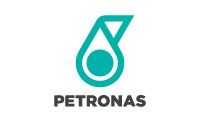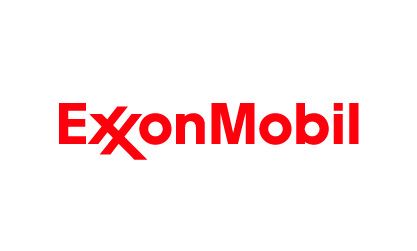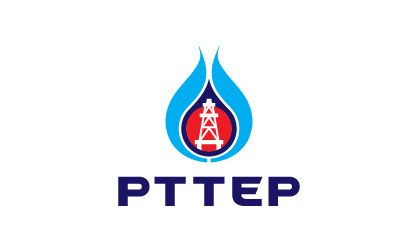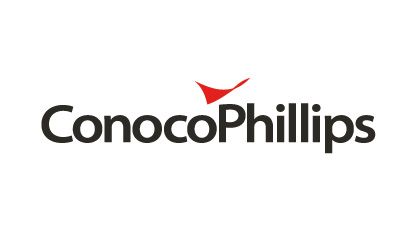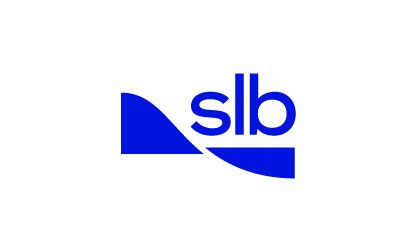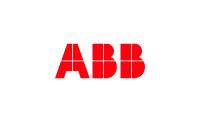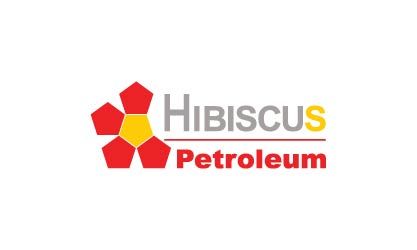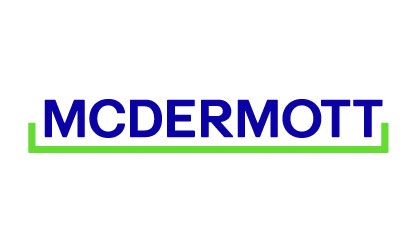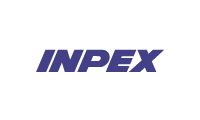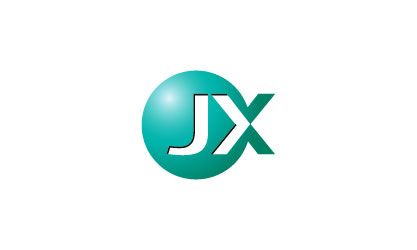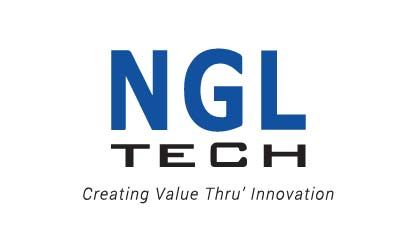Technical Panel 2: CCUS: Technology Innovation and Integrated Value Chain
As we navigate the pressing challenge of reducing GHG and carbon emissions, a net zero carbon future has become an unequivocal goal across countries and industries. Therefore, the development of carbon emission reduction and decarbonisation roadmaps worldwide is crucial for the energy industry to reach this target. In our collective efforts to advance low-carbon solutions, CCUS stands out as one of the most viable and important strategies that can effectively reduce global greenhouse gas emissions and reverse legacy emissions while ensuring energy security and affordability. Additionally, CCUS can provide solutions and support for other energy-intensive industries transitioning to a low-carbon energy future.
However, accelerating the adoption and realisation of CCUS technologies and solutions presents several multidimensional challenges. These include techno-commercial collaboration and business models, economic viability, technical complexities, policy frameworks, carbon tax/credit structures, regulatory frameworks, and public perception. Nevertheless, amidst these challenges lie opportunities for sustainable growth through novel collaborations and innovations.
This session aims to provide an engaging and robust platform to discuss key aspects of CCUS and involve various stakeholders, including hydrocarbon resource owners, carbon emitters, technology providers, investors, buyers, policymakers, and supporters. The session will focus on several key areas, including:
- Balancing the provision of affordable energy while generating revenue for sustainable growth
- Examining the integrated value chain of CCUS, including emissions from other industries, upstream and downstream sectors, and the challenges in developing CCS/CCUS capturing sites, transportation/pipelines, hubs, and networks
- Addressing technological challenges, particularly in offshore and coastal CCUS projects\
- Discussing regulatory platforms, policy frameworks, cross-border CO2 transport solutions, business models, financial mechanisms, tax regimes, and government support that facilitate CCUS deployment
- Exploring Measurement, Monitoring, and Verification (MMV) techniques and certification processes



